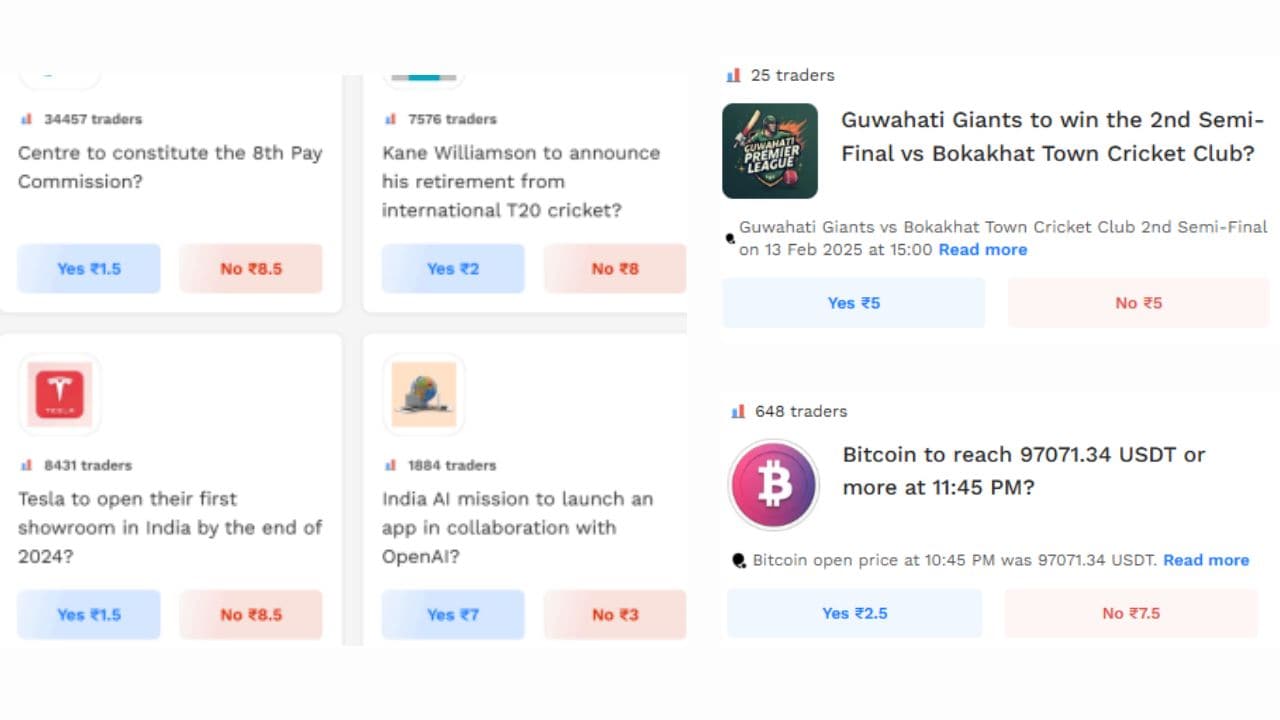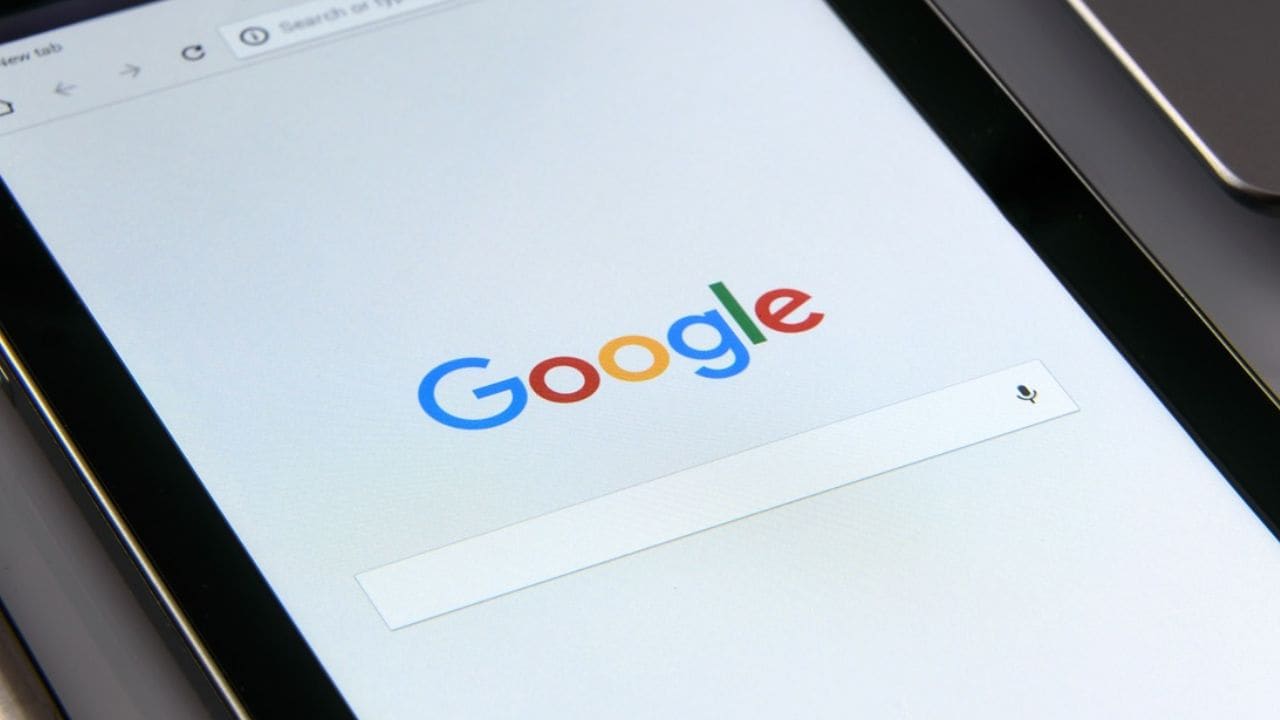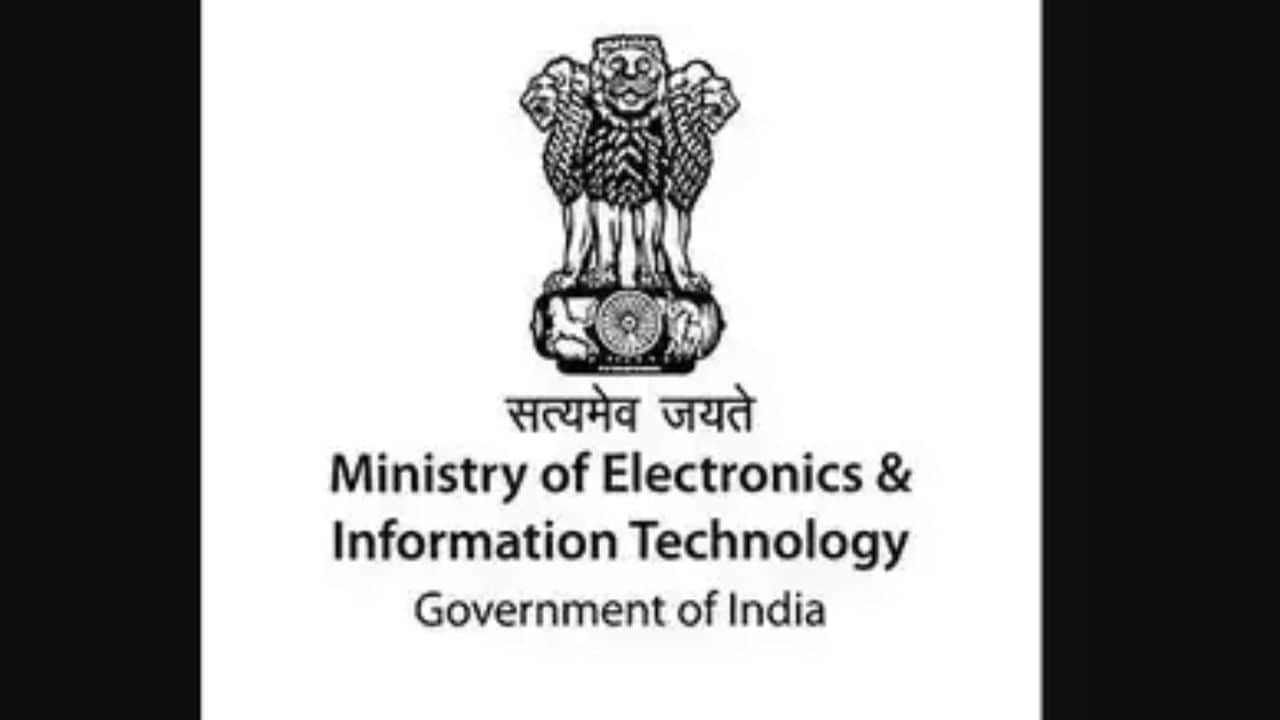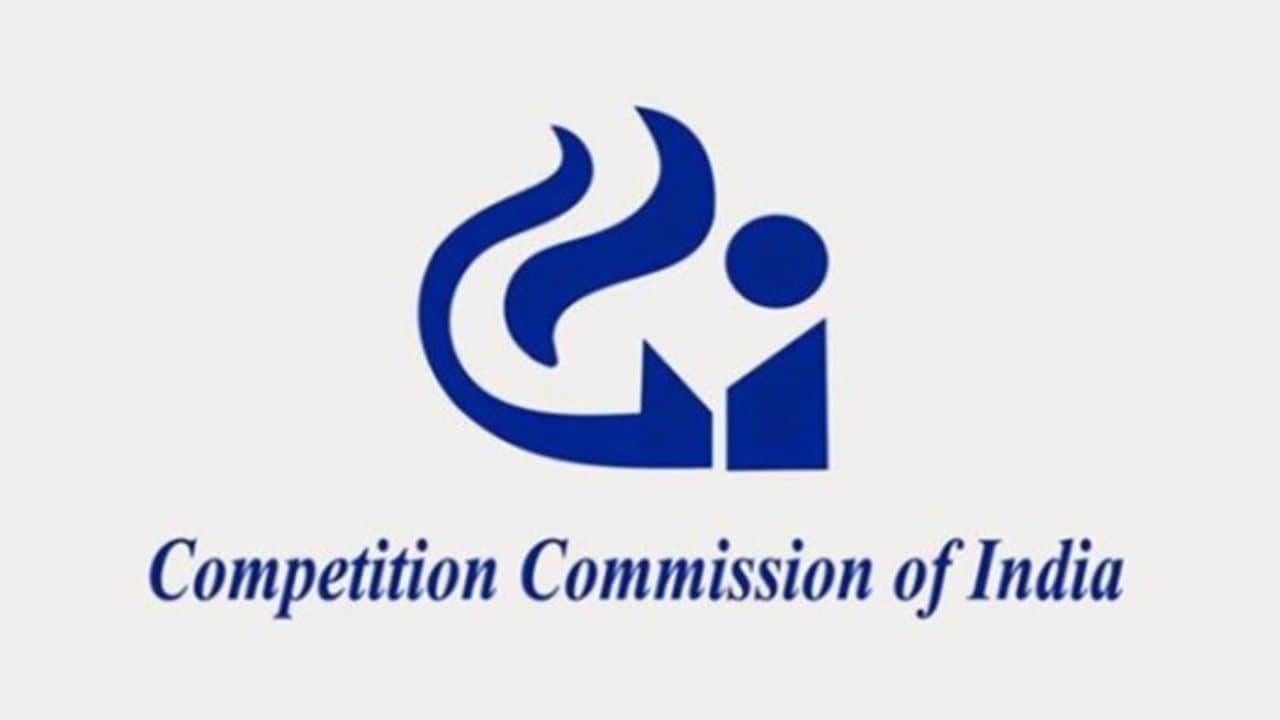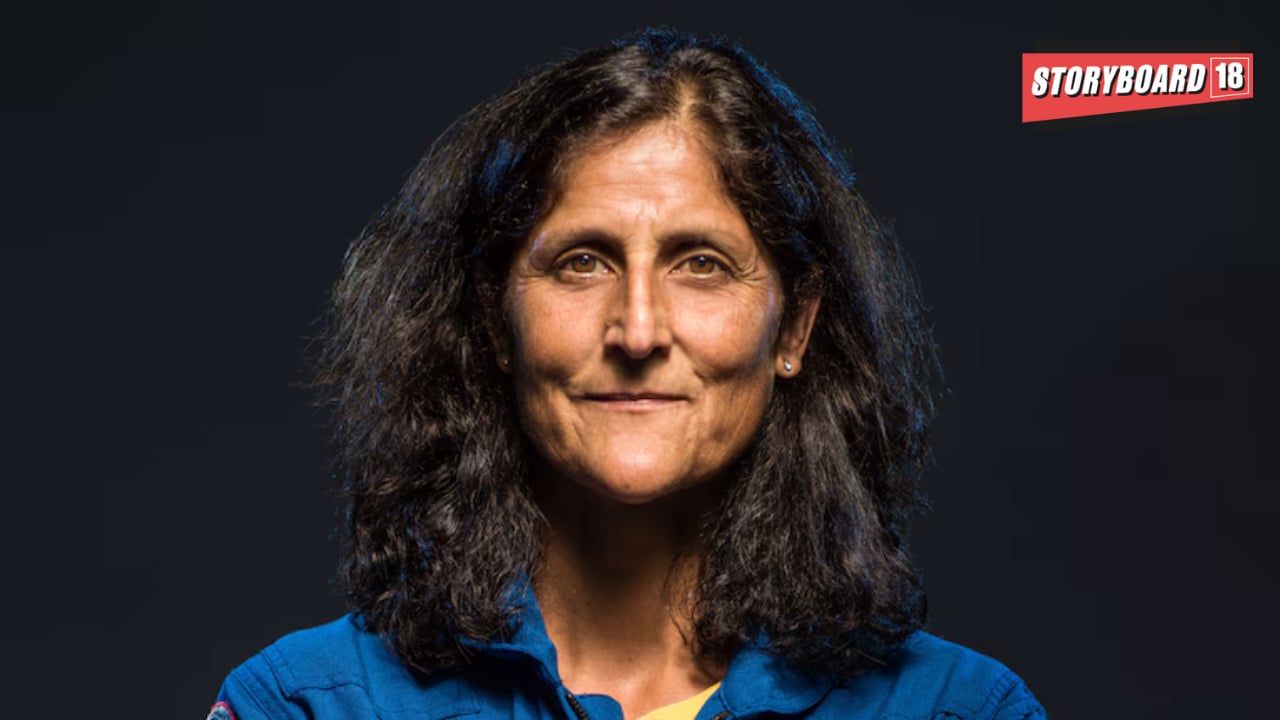The letter stated that prediction-based opinion trading platforms allow users to bet on election outcomes, thereby posing a threat to electoral democracy.
Category: Digital
Liqvd Asia acquires AdLift to scale up operations in USA, GCC, APAC, Europe
The digital-first advertising agency- Liqvd Asia has acquired performance marketing and SEO agency, AdLift. The combined entity aims to enhance client engagement, optimse ad spends, and grow in performance marketing space.
Google and Apple face EU crackdown over competition breaches
Google faces two charges under the Digital Markets Act (DMA), which aims to curb the power of dominant tech companies.
MeitY in contact with X over Grok’s controversial responses
As concerns grow over X’s AI chatbot, Grok, and its content moderation policies, reports claim that the Centre has sought an explanation on data being used to train the chatbot.
From endorsements to enforcement: Telangana’s dual strike against betting apps and influencers
Legally, an influencer will be liable for any breach or non-compliance of laws. However, the influencer can shield themselves from financial liability through Indemnification and protecting them from legal claims related to misleading content.
India AdEx set for short-term hit if CCI probe and seizures continue at top ad firms
The Competition Commission of India’s (CCI) probe into advertising firms will lead to a short-term contraction as brands and agencies reevaluate procurement practices and financial governance. The biggest impact may be seen in traditional media, where high-value transactions and bulk media buys are more susceptible to scrutiny, say experts.
Public consultation on ‘AI Governance Guidelines Development’ completed, over 100 suggestions received: MeitY
On March 19, Minister of State for Electronics & IT, Commerce and Industry, Jitin Prasada, addressed the Lok Sabha regarding “liabilities arising from AI usage” and reiterated the establishment of advisory group to develop an India-specific regulatory framework for AI.
Breaking: CCI to expand media cartel probe, Big Tech & FMCG deals under scanner
Sources close to the investigation revealed that during the raids, CCI officials discovered digital evidence suggesting possible involvement of Big Tech companies in digital media-buying deals.
Sunita Williams returns to Earth; ISRO keen to tap her space expertise
In a personal statement, ISRO Chairman Dr. V. Narayanan expressed interest in leveraging Williams’ vast experience in space missions to support India’s advancements in space research.
Siemens announces major job cuts in automation, EV charging businesses amid weak demand
The automation business, employing around 68,000 workers, has been hit hard by weak demand in China.
